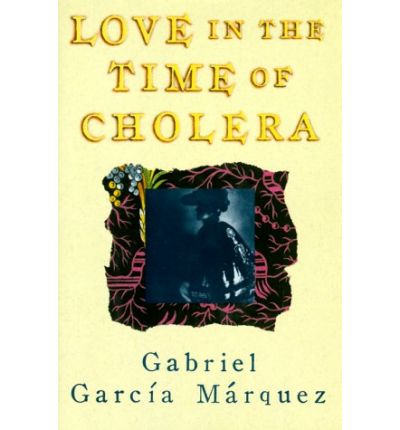When myths and stories contradict, the ones that persist aren’t the ones that are right. The ones that people remember and share persist.
I’m writing about it after reading this quote from E. O. Wilson:
Creation stories gave the members of each tribe an explanation for their existence. It made them feel loved and protected above all other tribes. In return, their gods demanded absolute belief and obedience. And rightly so. The creation myth was the essential bond that held the tribe together. It provided its believers with a unique identity, commanded their fidelity, strengthened order, vouchsafed law, encouraged valor and sacrifice, and offered meaning tot he cycles of life and death. No tribe could long survive without the meaning of its existence defined by a creation story. The option was to weaken, dissolve, and die. In the early history of each tribe, the myth therefore had to be set in stone.
The message “be fruitful and multiply” is contained within a set of stories that tell people they’re great, better than everyone else, and so on. If you believe we’ve overpopulated the world, you may consider a scientific message about carrying capacities and potential suffering accurate, but I doubt it will stick or spread.
Podcast guest Mechai Viravaidya created effective messages and stories about contraception in Thailand. He innovated stories and practices that created stories that engaged people to use contraception. The Population Media Center, headed by podcast guest Bill Ryerson, does it too. I recommend looking both up. My resource page links to them.
Mostly when I hear environmentalists talk, they don’t tell stories at all. What they tell tends to sound judgmental, logical (meaning it provokes debate), self-righteous, and other things that don’t engage. They evoke emotions of defensiveness, anxiety, hopelessness, helplessness, argument, and such.
I believe I’m putting effective stories my upcoming book. I think some podcast guest stories of people acting in stewardship for the first time and enjoying the experience make effective stories.
We who are working on environmental stewardship have to come up with more effective stories if we want to influence people’s behavior.

